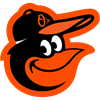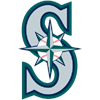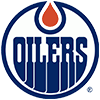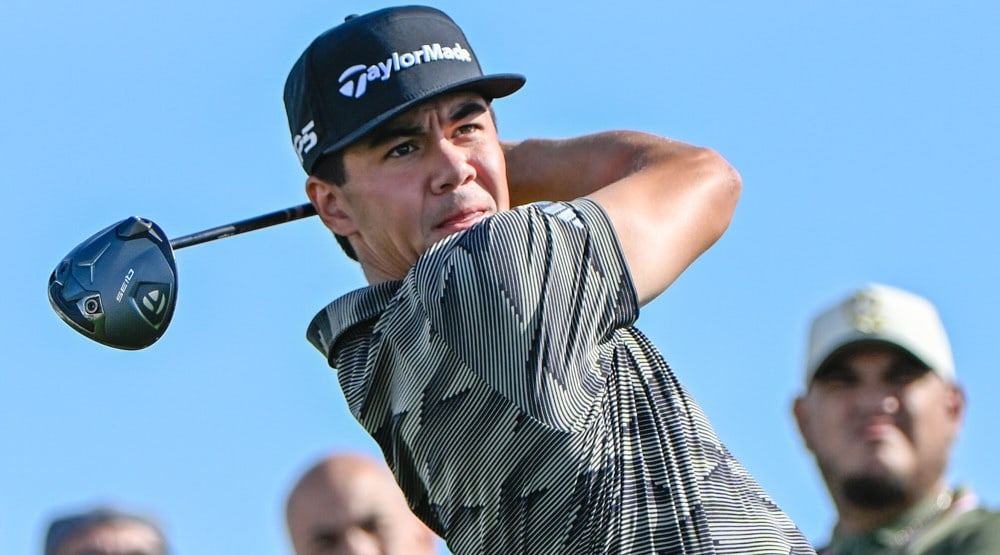You hit a bad shot. You take a Mulligan. Life is better.
Who doesn't take a Mulligan now and then? While not an exact parallel, that's kind of how daily fantasy golf works. How deflating is it to be woefully behind in your season-long league with months to go, and months to hear smack from the other guys?
That's one of the beauties of daily fantasy golf. You're always getting another chance, another fresh start. A new game starts every week with each new tournament. DraftKings has taken it even a step further, allowing you to forget about an awful Thursday and Friday with brand new weekend games.
We do like our daily fantasy golf, don't we? But we like it more when we do well. Here, then, are some ways to do well.
Back to School
As with all fantasy sports, let's start with doing your homework. Watch golf, read about golf. And learn the rules of the major fantasy sports sites: DraftKings, FanDuel and FantasyDraft.
A quick review of the basics: You pick six golfers who fit into a salary cap, and every golfer has a dollar value. The golfers get points based on how they score on the course. It's more like the Modified Stableford Scoring System than stroke play. You get points added or taken away depending on what your guys do. But whereas in real golf a birdie is just as good as a bogey is bad, it's not that way in daily play.
Birdies are worth more than bogeys are costly. Eagles are worth more than double bogeys (or worse) are costly. Each of the three DFS sites scores a bit differently, but the gist is the same: They all reward riskier play. A golfer who totals, say, eight birdies, three bogeys and seven pars will net you more points than five birdies, zero bogeys and 13 pars. Both are 5-under, but the first one is better.
First and Foremost
The two things that we like to focus on more than anything else when picking a lineup are current form and course history.
If a golfer is playing well heading into a tournament, great. If not, it's risky to assume he'll find his form just when you need him to. Sometimes, course history trumps current form, but in that case, it's got to be a heckuva course history.
As for course history, different golfers have different skill sets. Does a course allow for distance off the tee, or is accuracy more important? Par-70 with just two par-5s, or par-72 with four? How penal is missing the green? If a lot, find the best scramblers. You can add as much minutiae as you like – some guys do better on the West Coast Swing, some guys putt better on a certain type of grass, some guys like Pete Dye courses. You don't have to be an agronomist (but it wouldn't hurt).
While we always focus on current form first, if a golfer's course history is terrible, that might carry more weight than current form. Rarely do guys continue to play courses they are terrible at unless it's a major or another big event.
Sometimes a course is modified from one year to the next. Rarely is it so drastic to affect your decisions.
The First Cut is the Deepest
And the second one hurts even more. Most of the time, if one of your six misses the cut, it will wreck your chances (Hello, DraftKings weekend play!). If a golfer gets to the weekend and blows up, it's still going to be better for you than not getting there. And there's always the chance he can get hot. You might be able to withstand one MC in a small pool of players, but if there are thousands in your game, you're toast. Unless you have five other top-10s. And if you do, please pick for us next week.
Lineup Construction
There used to be different thoughts for cash games vs. GPP. The industry has adjusted it's thinking, and we now don't differentiate based on the game. But there are different ways to construct a lineup. You can pick a couple high-priced stars, which also means you have to take flyers on two or more scrubs. Or, you can try for an even distribution of six middle-of-the-road guys. If your game has a bonus for the top golfers on the leaderboard, the former seems the better way to go.
Isn't That Odd?
Generally, the odds for a golfer to win a tournament will mirror his DFS prices. But every week there are a number of prices really out of whack, with a golfer looking way overpriced or an incredible bargain. How do you know that? You follow golf. Sometimes it's pretty obvious. For a second opinion, check the odds at golfodds.com or elsewhere. Those oddsmakers are pretty smart dudes. Look for the discrepancies and take advantage of them.
Belly Up to the … App?
Twitter is like a bunch of golf fans sitting around in a bar talking golf. Only there are thousands upon thousands of them. Twitter is a great news source, and a great barometer. You learn about injuries and other important factors. And you might be able to get an idea of which golfers will be highly owned.
The Ol' Double-Cross
Guessing ownership is far from an exact science, and risky if not foolish. Don't overthink this. Don't fade a guy you think will do well because you think he will be highly owned. If you think he's the right guy, go with your gut. Don't overthink things. Don't double-cross yourself. If all the evidence points to a golfer being highly owned, and you can find a comparable player with less predicted ownership or even at a cheaper price, then steer clear of the chalk.
Flavor of the Month
At various points during the season, we see a golfer come out of nowhere to have a good week, or even a good few weeks. And Twitter goes crazy. Chillax! Just like the best guys go through down periods, scrubs rise from the ashes every now and then. Most often, they will return from whence they came in short order. Don't overreact. Often, the DFS sites will overreact and you'll see that reflected in their prices. It's a sucker play. Jordan Spieth doesn't come out of nowhere every year. There's a reason the Next Big Thing was on the Web.com Tour last year.
Smile for the Birdie
Birdie or better percentage. Birdie to bogey ratio. Bogey avoidance. These are stats the PGA Tour tracks. As we discussed earlier, not all 5-unders are created equally. Golfers who take more chances and get more birdies (and bogeys) are good for your lineup (though maybe not your blood pressure). For the most part, the best golfers on the course will be the best golfers in DFS scoring. But there are some small differences, and that's all it takes to win or lose your game.
Stats All Folks
There are many other stats to consider, and they differ depending on the course. But there is one stat that never goes out of style: greens in regulation. More times than not, a golfer with good GIR numbers will be a solid pick. He may not be a top guy because he can't putt, but he'll be around for the weekend and occasionally will get hot on the green. Every lineup needs good foot soldiers.
Final Thoughts
We said it earlier, we'll say it again. The easiest thing is, if you pick the golfers who do well in real golf, they will be good in fantasy golf, too. Don't overthink things. Go with your gut. Don't double-cross yourself.






































